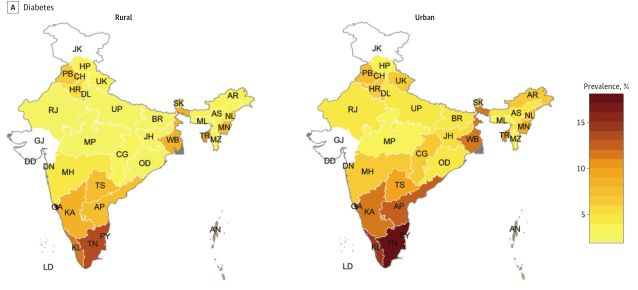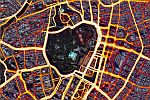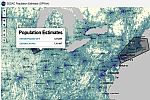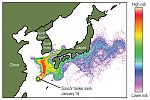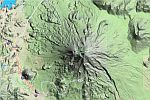CGA Newsletter May 2018 PDF (Download)
| HIGHLIGHTS |
| CGA NEWS |
CGA 2018 conference, Illuminating Space and Time in Data Science was held May 26-27, 2018. Audio Recordings of the Sessions are available on the Conference webpage. Reports on the conference have been posted by CGA and by David DiBiase (ESRI Director of Education). Photos of the conference are posted on Twitter under the hashtag #harvardgis |
Winner of the 2018 Fisher Prize for Excellence in GIS [GSD Masters Candidate] is Yousef Awaad Hussein for his poster “Territory, Survey, Cartography – South China Sea” read more and see the poster PDF. Winner of the 2018 Fisher Prize for Excellence in GIS [Undergraduate Student] is Jennifer Horowitz for her poster “A Spatiotemporal Analysis of Man-Made Ecocide: Saddam Hussein’s Reduction of the Southern Iraqi Marshes” read more and see the poster PDF. |
| HARVARD GIS COMMUNITY NEWS |
Ash Center of Harvard Kennedy School has published a new DataSmart Resources guide on User-Centered Government, which provides excellent information on design of open data and communicating information to the public. See especially the NYCCivic Service Design Toolkit
|
| CGA ASSOCIATE PUBLICATIONS |
“Decoupling the effects of deforestation and climate variability in the Tapajós river basin in the Brazilian Amazon” |
“Land cover change explains the increasing discharge of the Paraná River” |
| CONFERENCES, CALLS & JOBS | |
Conference: 21st Map and Geoinformation Curators Group Conference (MAGIC 2018), affiliated with International Cartographic Association Commission Cartographic Heritage into the Digital. Gotha, Germany, October 8th-10th. Deadline for submissions:20 May 2018 Read more | |
Call for Papers: Special Issue “Special Issue: Discrete Global Grid Systems (DGGS)” in Cartographica Journal Deadline for submissions: extended to 31 May 2018 Read more | |
Call for Papers: 5th Special Issue on Spatial Ecology, IJGIS Deadline for submissions:July 15, 2018 Read more | |
| NEWS ON GIS RESEARCH AND SERVICES | |||
 | 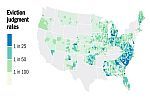 | 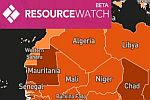 | 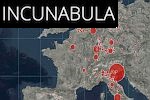 |
Global Trade Flows in 3D Map Visualization using WebGL [Datalabs] In 83 Million Eviction Records, a Sweeping and Intimate New Look at Housing in America[NYTimes] Resource Watch Data Repository and Web Maps [World Resources Institute] 15th Century Icunabula Story Map [Library of Congress] 3D Smart City Model of Boston [Boston Planning and Development Agency and ESRI] PastMap Launches a new version [Historic Environment Scotland] Tornado Migration, and Exercise for Visualization of Big Data [ESRI Story Map] | |||
The CGA Newsletter is published monthly. Editor of this issue: Lex Berman. |
no links
no file attachments

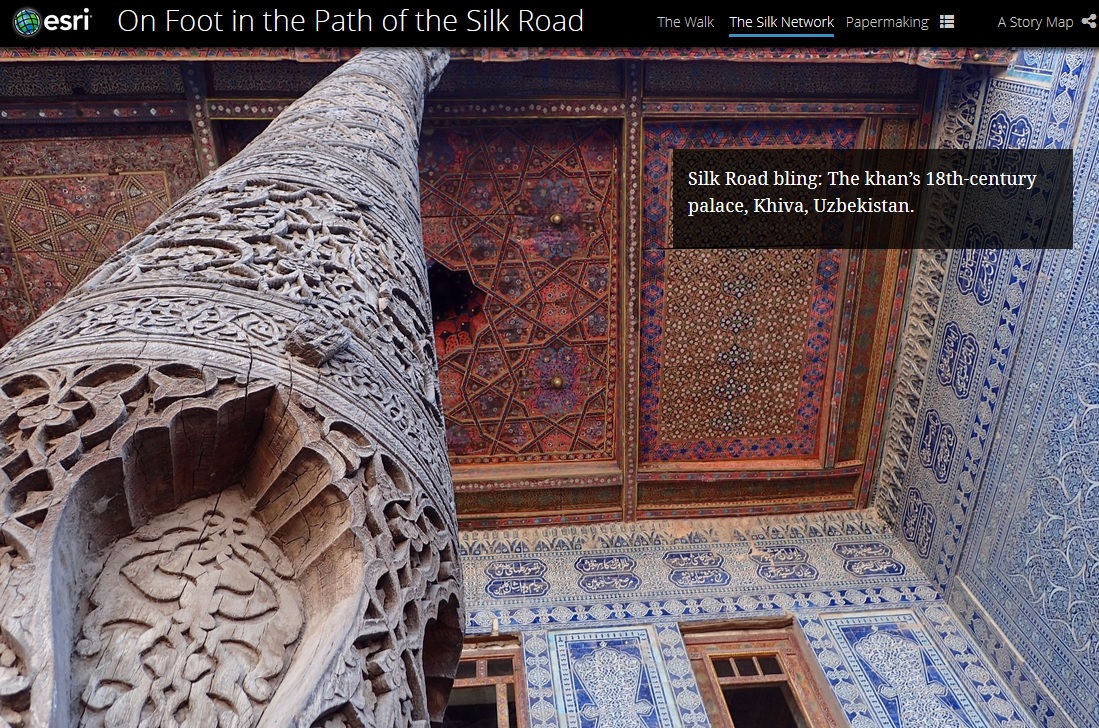
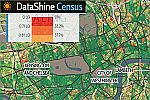
![Court ordered redistricting in Pennsylvania: before and after maps [NYTimes]](https://cga-download.hmdc.harvard.edu/publish_web/CGA_Newsletters/Images/court_redist.jpg)
![Billions of Birds Migrate: Where do they go? [National Geographic]](https://cga-download.hmdc.harvard.edu/publish_web/CGA_Newsletters/Images/where_birds.jpg)
![20 Years of Global Hi and Low Temperatures [Flourish]](https://cga-download.hmdc.harvard.edu/publish_web/CGA_Newsletters/Images/flourish.jpg)
